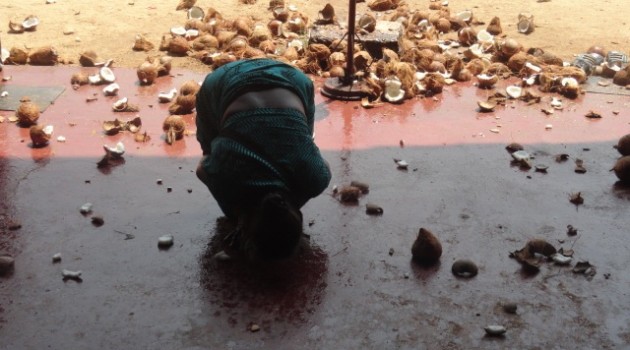The Domestic Inquiry Vs. Reconciliation

By Dinesh D. Dodamgoda –August 30, 2015
It was reported a few days ago that the Sri Lankan government has presented the mechanism of the domestic inquiry into alleged war crimes during the final phase of war in Sri Lanka to visiting US Assistant State Secretary for South and Central Asian Affairs Nisha Biswal.
On the other hand, UN Secretary-General Mr. Ban Ki-moon’s official website reported on the 21st of August that the Secretary-General called the Prime Minister of Sri Lanka, Mr. Ranil Wickremesinghe and encouraged the Prime Minister and the national unity government to ‘seize the opportunity’ to advance long-term peace for all Sri Lankans. Furthermore, the General-Secretary wished Mr. Wickremesinghe success in the important task that lay before him.
In addition to other issues, the UNF government now has two major post-war issues ‘laid before’ it that need to be addressed. The first issue is a credible Domestic Inquiry into alleged war crimes (Accountability issue) and the second issue is implementing a sustainable Reconciliation process (Reconciliation issue).
It is important to note that the Accountability issue has gained priority over the Reconciliation issue, especially in the media space and in the post-war agenda. Sometimes two issues are referred as a single issue, namely the issue of the Truth and Reconciliation, as it was spelled in the final draft of National Policy on Reconciliation, which was prepared by Professor Rajiva Wijesinha, Mr. Eran Wickramaratne, Mr. M.A.Sumanthiran, Mr. Javid Yusuf and Mr. Jeevan Thiagarajah.


